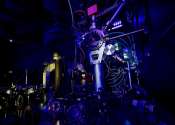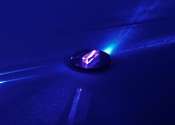An optical lattice clock based on strontium atoms achieves unprecedented accuracy
Researchers at the Ye Lab at JILA (the National Institute of Standards and Technology and the University of Colorado Boulder) and University of Delaware recently created a highly precise optical lattice clock based on trapped ...









